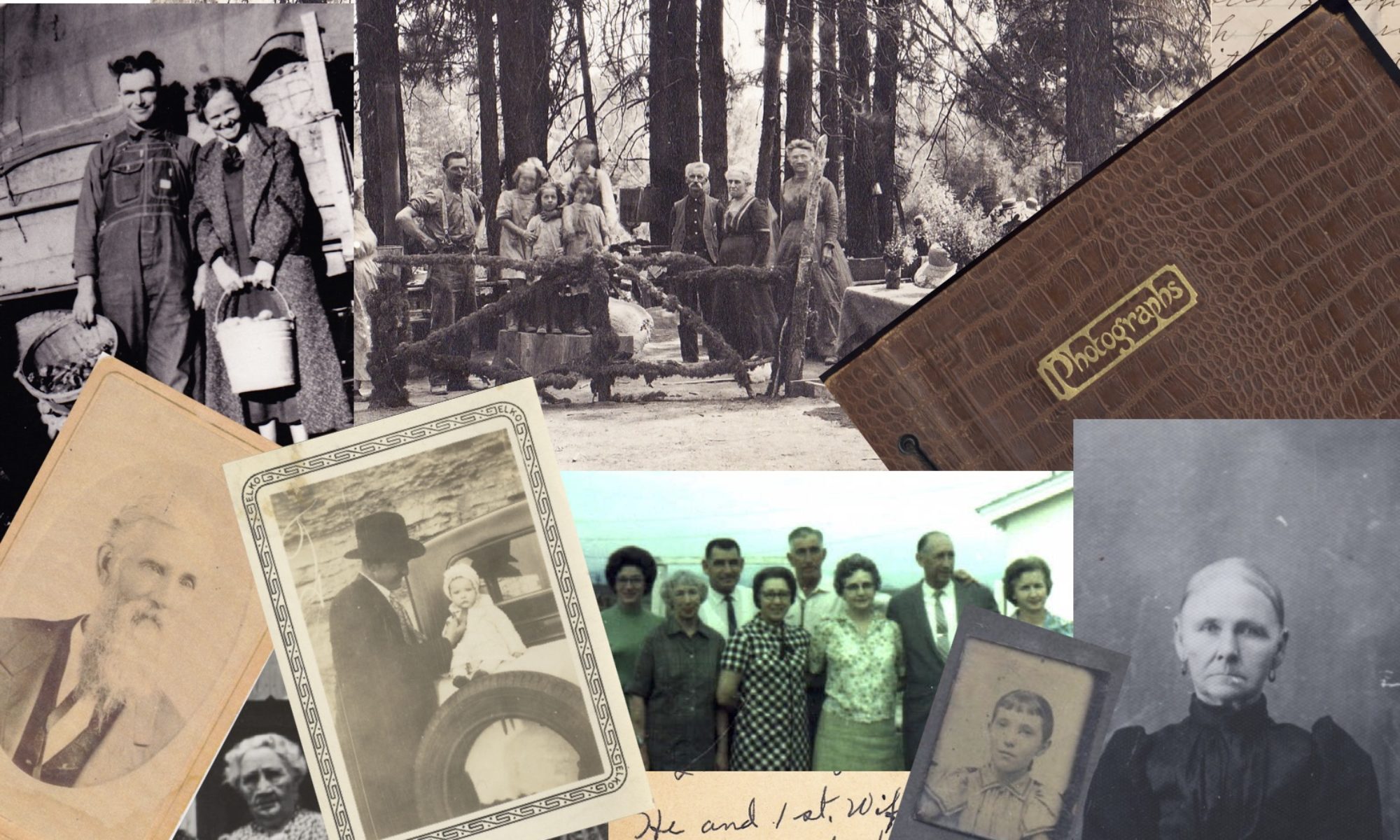The internet continues to excel at what it was designed to do: Share information. For family history researchers, the free sharing of methods and resources has transformed a pastime that was once championed by the elite eager to prove descendancy from royalty to a hobby that proves we are one family.
I’ve compiled a list of free resources and learning opportunities for people who are just getting started or want to make sure their documentary genealogy research is on a firm foundation.
FamilySearch: FamilySearch is the largest database of free genealogy records and guidance on how to do genealogy. The FamilySearch Wiki is one of the first places I turn when starting a new project.
- Research Resources: This part of the Wiki includes a section on Beginning Genealogy with a section on the research process, tips on choosing software, how to use the Wiki and research tools. There is more information on this page than any one genealogist knows.
- Guided Research: This feature of the Wiki will walk you through how to research birth, marriage and death records in many localities around the world. Use the map to identify the locality you want and follow the links.
- Main Wiki Page: From the main page, you can find the resources available for any locality, down to the county level in the US.
National Genealogical Society: This membership group has been around for over 100 years and publishes the National Genealogical Society Quarterly, the most prestigious genealogy publication. Recent diversity and inclusion efforts are encouraging.
- Getting Started: This free online course includes methods and approaches every genealogist can use.
- Free Resources: Links to articles, blogs and forms.
- Links to more Free Resources outside the NGS: The eighteen links in this blog includes most of my favourites.
African American Research: The continued efforts to share records related to African American history and the legacy of enslavement has meant more is possible than ever. Because of systematic attempts to hide the reality of slavery, records can be hard to find. African American research does require a great deal of persistence and unique approaches to discovering ancestors.
- FamilySearch Wiki African American Research Page includes resources and a Step-by-Step description of how to research.
- Reparations4Slavery includes many links and tips.
- AfriGeneas has an online beginners guide. It hasn’t been updated in many years and still has good information, although many more records are now available.
- Our Black Ancestry has a tutorial page to help you get started. There is a very active Facebook group associated with Our Black Ancestry.
Legacy Family Tree Webinars presents genealogists talking about what they do best. Members have access to the full library of recordings, and many recordings are free for the first week.
- Register here for free live webinars and check out other pre-recorded webinars on the same page.
Family History Research Companies all have free resources, often as a blog or as a series of videos. Taking the time to learn from their experts can make your research more efficient.
- The Ancestry Learning Center starts you off by finding out your current genealogy practices.
- The MyHeritage Knowledge Base includes an Intro to Genealogy course.
I set aside time every week to continue to learn more about family history research. I’m grateful there are free resources for researchers of all experience levels.
